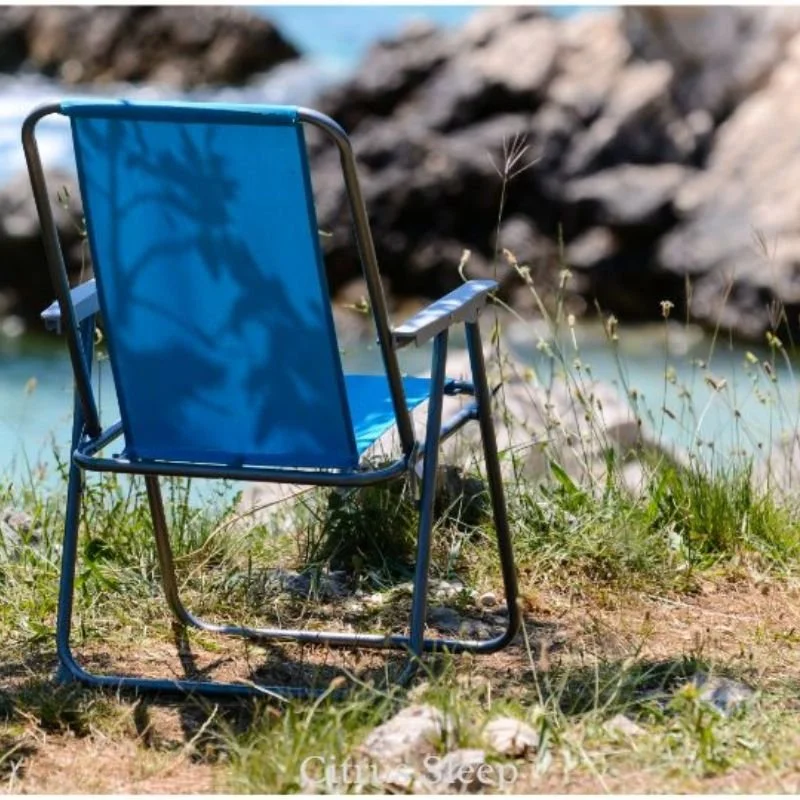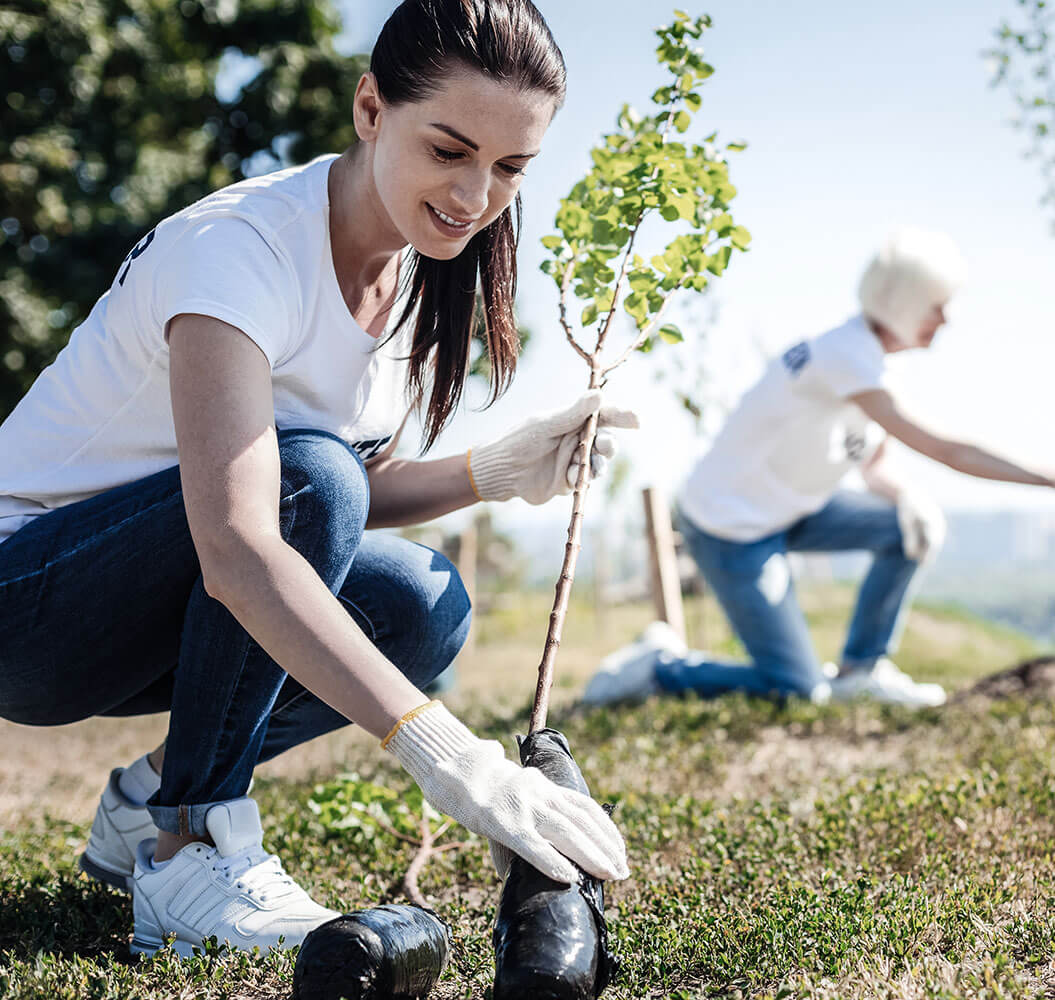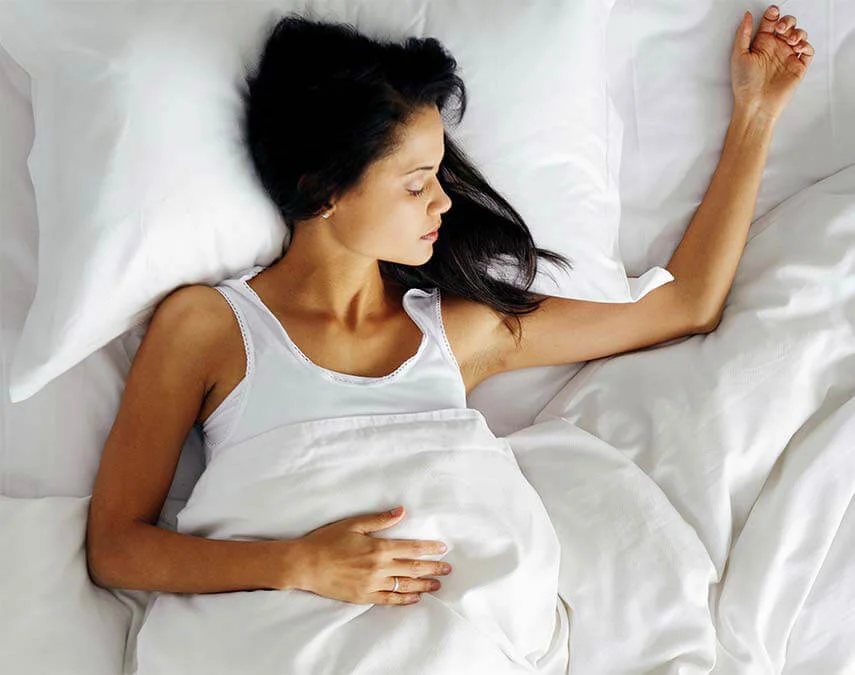Health Tips To Watch For Dehydration
Do you ever find that you are thirsty throughout the day? Do your eyes get dry and irritated? Have you been urinating less frequently than usual or at a low volume? These are just some of the signs that can signal dehydration. Dehydration is not only uncomfortable, but it can also be dangerous if left untreated.
When you don't drink enough fluids, your body can become dehydrated on the inside and it will show on the outside. The signs of dehydration often start with a dry mouth and a headache. If you notice any of these symptoms or if your urine is dark yellow in color, then it's time to drink more water!
Ready to get healthy and stop living in a perpetual state of dehydration? Here are some tips that you can follow during the hottest days of summer - as well as all other times of the year.
Signs of Dehydration
What are the common signs of dehydration?
Do you drink enough water? Unfortunately, you probably don’t. Very few of us are actually getting the recommended eight 8 oz servings you need each day.
What’s even scarier is that dehydration often rears its ugly head without warning - and it can be subtle at first, too. If you’re out in the sun, it can take just half an hour for the hot weather to cause dehydration, difficulty concentrating, or nausea. Many people don’t realize how much water they lose in the summer heat or while exercising, and it’s important to note that everyone has different hydration needs.
Keep an eye out for these common signs of dehydration to stay safe. Although the signs might vary for everyone, this health issue is more serious than you might think. In fact, it could land you in the hospital or lead to other dangerous problems, like heat stroke or other heat-related illnesses.
Increased Thirst and a Dry or Sticky Mouth
The most common sign of dehydration is a sticky, dry mouth and increased thirst. If you feel thirsty, there’s a good chance you’re already dehydrated - so drink up. The easiest solution is to drink a big glass of water but you may also need to drink something with electrolytes in order to replenish the fluids you have lost.
The easiest way to prevent this common sign of dehydration? Drink up regularly - get at least 11-15 cups of water per day and drink more water if you’re in the sun, exercising, or a pregnant or nursing mother.
Signs of Fatigue
Another common sign of dehydration is that you’re super tired. Mild dehydration can affect both your mood and your cognitive functioning, and it’s even more common in the very young and the very old - both populations who might seem less alert or perhaps more forgetful than normal. It is also common for people who are dehydrated to feel confused, angry, or agitated, too.
If you’re thinking you might be able to ignore these signs of dehydration just because you haven’t been exercising or out in the sun, think again. You could still be dehydrated, regardless of whether you are sitting still or exercising heavily at home.
Bad Breath
Just as your mouth might become dry when you are dehydrated, you might also find that your breath smells awful. Saliva has naturally antibacterial properties but if you are super dehydrated, you will find that your body can’t produce saliva effectively. This can cause an overgrowth of bacteria that leads to serious halitosis.
Dry Eyes
Your dry eyes could have nothing to do with your contact lenses or an excessive amount of time spent staring at a computer screen - they could be caused by your dehydration.
When you spend a long time exercising and are sweating heavily, the amount of fluid in your body is going to go down. This can lead to dry eyes and blurry vision. You might notice that any part of your body that normally feels moist instead feels irritated or dry, too, and not just your eyes.
Headaches
Another common symptom of dehydration is headaches
A headache is another classic sign of dehydration. Even minor incidents of dehydration might lead to an achy temple. They also make severe migraines much more common, as well as things like lightheadedness, delirium, disorientation, dizziness, nausea, weakness, and an overall feeling of malaise.
When your body doesn’t have enough fluid to send to all the parts of your body, it’s going to start cutting its losses - right then and there - by only sending fluid to various parts. You aren’t going to feel your best when you’re dehydrated and you may find that being even mildly dehydrated makes it more likely that you suffer from heat exhaustion (even if you aren’t the hottest you’ve ever been).
Muscle Cramps
If you’ve been exercising, it’s very easy to assume that your cramping is due to fatigue, and not to dehydration. Cramping happens when your body is depleted of salt and water, so replenishing both is essential if you want to keep going and relieving the tightness in your muscles.
How do you know if it’s dehydration rather than just regular old muscle soreness? If the cramping wanders all over your body and is not isolated to one particular area - or if becomes progressively widespread - that’s a pretty good sign that your body doesn’t have enough sodium or water in the spaces surrounding certain muscles. An overworked muscle, on the other hand, would just be achy in the areas you worked.
Lack of Sweat
This is a serious sign of dehydration that you need to pay close attention to. If you stop sweating, that’s a pretty solid indicator that you desperately need water - and fast. Sweating is your body’s natural mechanism of cooling down, so it would indicate dehydration along with heatstroke and overheating. Get some fluid in you - and ideally, get to a cooler environment - as soon as you can.
Dark Urine
Ideally, your urine should be a pale yellow color. Any darker (or if there is any blood in your urine) could indicate that you are dehydrated to some degree. Blood in the urine indicates a dangerous level of dehydration (but can also indicate other health problems, too, so if you have this symptom it’s smart to get to a doctor as soon as you can).
That said, be cautious about overdoing it. Urine that is perfectly clear can indicate that you’ve had more than your fill of water - and need to ease off a bit.
Fever
Fever is one of the common signs of dehydration or lack of water
Again, fever is a serious sign of dehydration that is not to be taken lightly. Since a fever can be caused by many other ailments as well, it’s important to get yourself to a doctor if you have a fever, rather than immediately blaming dehydration.
The problem with running a fever is that it often indicates that you are hyperthermic due to dehydration. It can cause fever-like symptoms such as chills because overheating alters your body's normal temperature. If you’re running a fever and are dehydrated, hydrate as soon as you can and get yourself into an ice bath to get your temperature down.
Dry Skin
Another common sign of dehydration is dry skin
Again, when you are dehydrated, your body is going to stop sending moisture to places it deems unnecessary. Because of this, your skin is going to lack elasticity. If you’re hydrated, the skin will bounce back and look almost doughy, but if you’re dehydrated, it is going to look thin and oddly separated from the rest of your body.
Even if your skin isn’t dry as you are dehydrated, you may find that it just looks...odd. People who are severely dehydrated will have very flushed skin, likely because your body temperature is running a bit higher than normal.
Sugar Cravings
Do you find yourself reaching for that chocolate bar or slice of cake every afternoon? If so, dehydration - and not just a lack of willpower - could be to blame. Sugar cravings are closely connected to dehydration so if you find yourself struggling to stay away from the candy drawer, you may want to cuddle up to a cup of water instead.
Interestingly, these cravings might vary between different people. Some people report intense sugar cravings when they are dehydrated while others have to deal more with cravings for salty snacks. This is most likely because your body is having trouble breaking down glycogen to release glucose into the bloodstream that it can then use as fuel.
Benefits of Hydration
Benefits of Hydration
If avoiding dehydration isn’t a good enough reason for you to stay hydrated, just consider all the other benefits of hydration.
For one, drinking enough water can help your body function at its best. This offers a ton of health benefits. You might find that it’s easier to control your weight when your thirst is quenched - that’s because we often confuse thirst for hunger, misreading our body’s cues.
It can also help your muscles and joints work at peak performance. You might feel extra sore or achy on days in which you do not drink enough water. Guzzling a few bottles of water before your workout is sure to make a difference when it comes to your post-workout soreness!
Of course, drinking water can help you stay cool, too. When you overheat, it’s usually because the day is hot or very sunny - or because you’ve just participated in an intense workout. You might also be running a fever. Whatever the case may be, drinking water will allow your body to produce sweat so that it can cool itself down.
You’ll not only feel and perform better when you’ve had plenty of water, but you’ll also look better, too. People who are well-hydrated tend to have more lustrous skin and hair, and they often look a lot younger as well.
Let’s not overlook the bathroom benefits, either! Getting the water you need will help encourage regular bowel movements. Often, constipation or hard bowel movements indicate that you aren’t getting the water you need.
There’s a lot of confusion out there about wearing a mask and whether it can lead to dehydration. Although wearing a mask in and of itself does not cause or lead to dehydration, you may find that you drink less water while wearing one, simply because it’s inconvenient. Therefore, be mindful of how much water you're drinking at all times, but especially when you don a face mask.
To stay hydrated, keep a water bottle on hand at all times. If your bottle is right next to you, you’ll likely feel the urge to drink from it whenever you see it - likely without even realizing it.
Don’t like water? That’s okay! You can still get all the benefits of drinking water by spicing it up with a splash of fruit juice, chunks of frozen fruit, or even herbs. You can even try sipping on calorie-free seltzer that is naturally flavored. For people who hate the taste of plain, flat water, the fizz and subtle fruity flavors of seltzers can be appealing.
Even coffee or sugar-free herbal tea can be good options - just keep in mind that caffeine can have a diuretic effect that can cause you to become dehydrated more quickly.
Stay Healthy and Drink Water To Avoid Dehydration
Not sure if you’re dehydrated - or if it’s something else? There are a few tests you can do to figure it out. Even if you’re not thirsty - which is the telltale sign that you need to guzzle some fluids, and stat - you might still be mildly dehydrated.
First, the skin test. Use two of your fingers to pinch a bit of skin on the back of your hand. Then, let it go. If you’re hydrated, the skin should snap back into position in just a second or two. If it’s any more than a few seconds, you are probably dehydrated.
So how much water do you actually need? The answer can vary depending on your activity level, age, gender, where you live, and other factors. Plus, things like illnesses you might be fighting off or any medications you might be on can also affect the amount of water you need. To check if you are getting enough water, take a look at your urine color. If it’s dark yellow or amber, you need to drink up.
Lisa Czachowski is a professional social blogger and has worked on several online publications including Citrus Sleep. Lisa is an experienced content writer and copyeditor. You will find many of her works throughout CitrusSleep.com that cover a wide array of subjects including sustainability, natural, sleep products, health, fashion and many more. She is passionate about what providing as much information as possible on products you bring in your home and what we wear.
Follow Lisa at Lisa Czachowski



















